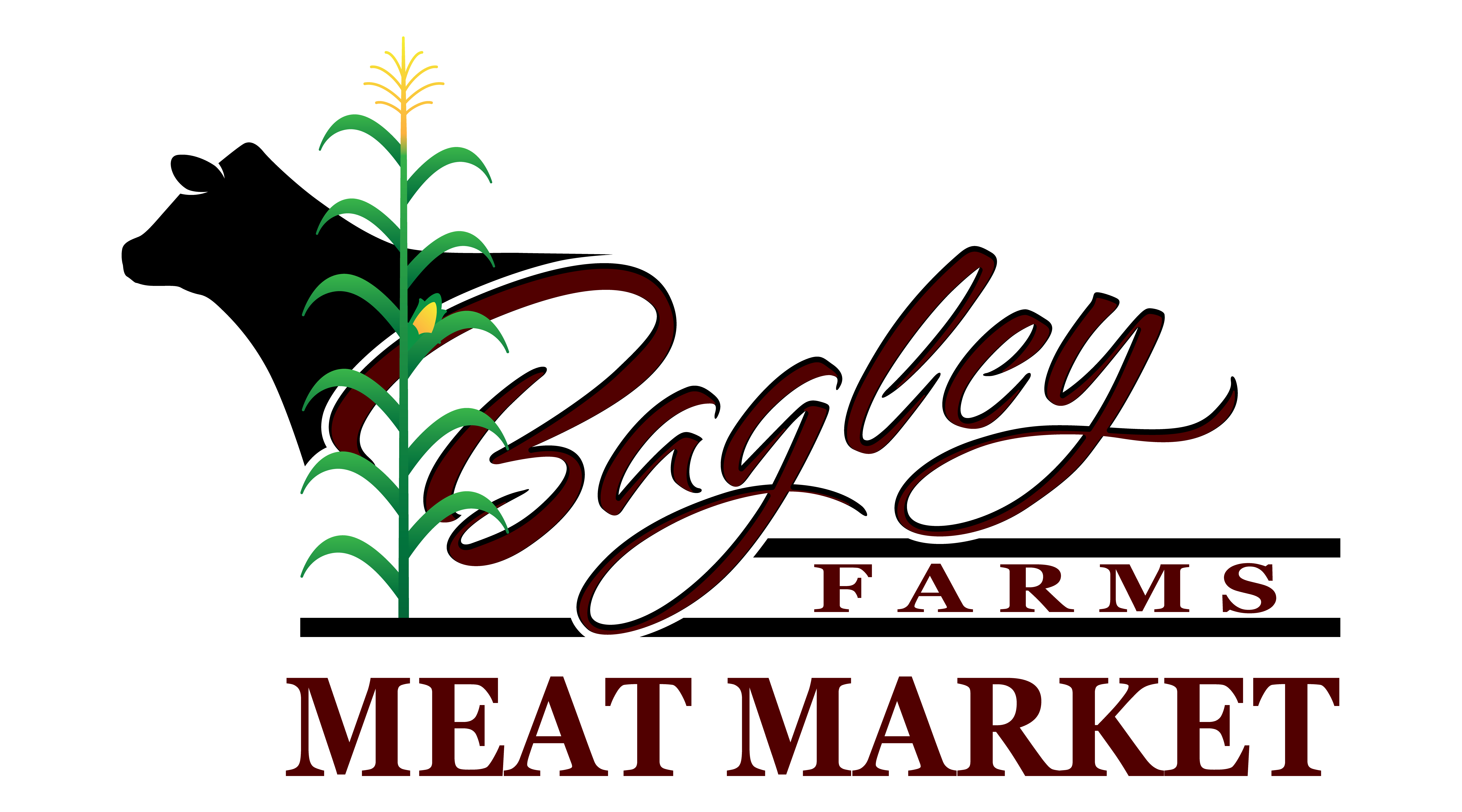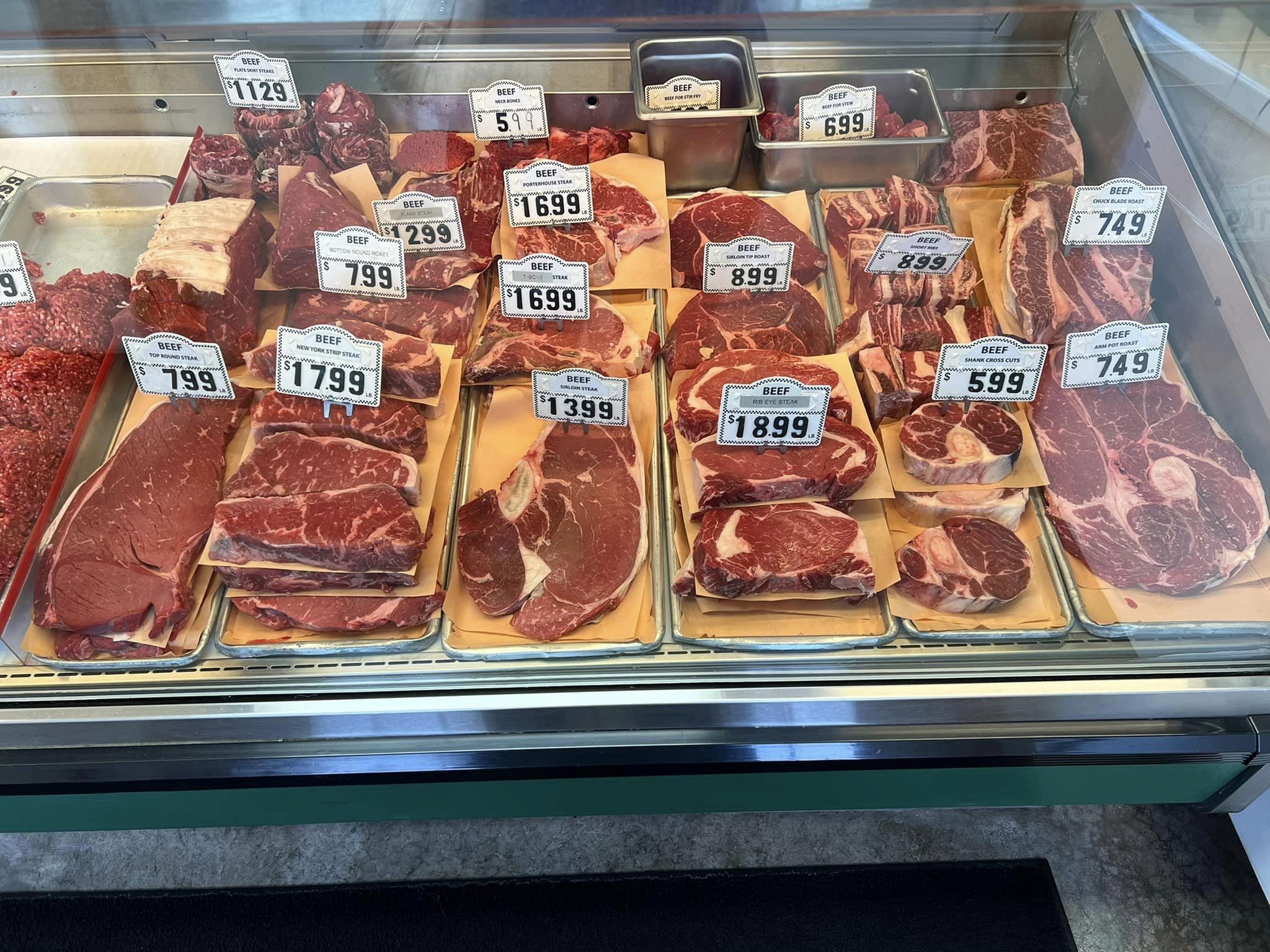Why Purchasing at a Farmers Market Sustains Neighborhood Farmers and Your Community
Buying at a farmers market serves as a tangible methods of sustaining local farmers while at the same time reinforcing the financial material of your neighborhood. Think about the effect this has on regional economies and food systems.
Financial Benefits of Farmers Markets

Farmers markets dramatically add to regional economic situations by fostering straight sales between producers and customers. This straight transaction model removes middlemans, enabling farmers to preserve a larger share of the profits. As a result, this increased revenue equips regional farmers to reinvest in their procedures, acquire better tools, and improve farming practices. Such reinvestment not just improves efficiency however additionally suffers regional agricultural tasks.
In addition, farmers markets promote financial task within the bordering neighborhood. By drawing in customers who may additionally patronize nearby companies, these markets assist to create a dynamic local ecosystem. The influx of customers encourages foot traffic, which profits cafes, stores, and dining establishments, inevitably leading to a multiplier result that strengthens the overall economy.
Furthermore, farmers markets usually work as a platform for small entrepreneurs and artisans, enabling them to display and sell their items. This diversity of regional offerings can boost area identification and pride. Furthermore, lots of markets accept alternative types of repayment, such as food stamps or coupons, guaranteeing that fresh fruit and vegetables comes to a more comprehensive market, therefore promoting financial inclusivity. Generally, the financial benefits of farmers markets prolong much past direct sales, promoting a durable and resilient local economic situation.
Freshness and High Quality of Create
The unrivaled freshness and top quality of fruit and vegetables found at farmers markets are vital variables that bring in customers looking for savory and healthy and balanced alternatives. Unlike supermarket offerings, which typically undergo long transportation times and storage space periods, the fruits, veggies, and various other products readily available at farmers markets are typically harvested simply days and even hours prior to being offered. This immediacy guarantees that the nutrients, flavor, and structure are protected, supplying a premium cooking experience.
Additionally, farmers markets often include seasonal produce, permitting customers to appreciate fruits and veggies at the top of their ripeness. Local farmers take satisfaction in their expanding practices, commonly making use of sustainable approaches that improve the quality of their fruit and vegetables.
The straight connection in between the farmer and the customer at these markets promotes openness regarding agricultural methods, further assuring consumers of the quality of their purchases. Consequently, customers can confidently support their wellness while delighting in the rich tastes that originate from regional, freshly collected produce.
Structure Community Relationships
Neighborhood connections grow at farmers markets, where local producers and consumers take part in significant communications. farmers market edwardsville il. These markets function as lively neighborhood hubs, promoting connections that expand past simple purchases. Consumers have the special chance to meet the very farmers who expand their food, helping with a deeper recognition for agricultural techniques and the obstacles faced by regional manufacturers
This straight involvement develops trust and loyalty, making it possible for consumers to support the really individuals that add to their area's economy and vigor. These interactions usually lead to the sharing of expertise concerning seasonal produce, food preparation ideas, and lasting techniques, improving the area's cumulative understanding of food systems.
In addition, farmers markets create a feeling of belonging, as individuals from varied backgrounds come with each other to celebrate local society and shared worths. Eventually, shopping at farmers markets is not simply about buying food; it is about supporting community bonds that add to a resilient and thriving regional community.
Promoting Lasting Practices
At farmers markets, sustainable practices are not just encouraged but proactively promoted, creating a system for environmentally aware usage. These markets typically feature neighborhood farmers who make use of organic farming methods, which dramatically minimize the reliance on artificial pesticides and plant foods. By prioritizing natural cultivation, they add to healthier ecological communities and promote dirt health and wellness, ensuring that the land can maintain agricultural methods for future generations.
Additionally, lots of farmers at these markets embrace sustainable techniques such as crop turning and permaculture strategies, which improve biodiversity and reduce soil disintegration. The emphasis on seasonal fruit and vegetables also lessens the carbon impact connected with delivering navigate to this site food over cross countries, promoting an extra sustainable food system.

Supporting Neighborhood Food Solutions

Sustaining neighborhood food systems additionally lowers the carbon impact connected with transferring food over fars away. When consumers buy directly from regional farmers, they lessen the requirement for substantial supply chains, consequently preserving power and sources. Furthermore, farmers markets commonly motivate sustainable farming methods, as regional producers are more probable to focus on eco-friendly techniques to attract their neighborhood.
Additionally, by investing in local food systems, customers add to the durability of their communities. A durable neighborhood food network can stand up to outside pressures and financial changes, guaranteeing a stable food supply. Inevitably, buying at farmers markets not only sustains regional farmers but additionally improves the general health and sustainability of the area's food environment.
Conclusion
Shopping at farmers markets plays a crucial role in supporting neighborhood farmers and enhancing neighborhood strength. The direct partnership between customers and regional producers not just makes sure accessibility to fresh, premium food yet additionally enhances regional food systems.
Buying at a farmers market serves as a substantial ways of sustaining neighborhood farmers while at the same time boosting the financial textile of your community. By prioritizing regional sourcing, farmers markets assist preserve local farming variety and advertise the check consumption of seasonal produce, which in turn strengthens regional economic climates.
Eventually, purchasing at farmers markets not just sustains neighborhood farmers yet additionally boosts the overall health and sustainability of the community's food community. (farmers market edwardsville il)
Shopping at farmers markets plays an important function in supporting regional farmers and enhancing community resilience. The straight partnership in between customers and regional producers not only guarantees access to fresh, top quality food however additionally strengthens regional food systems.